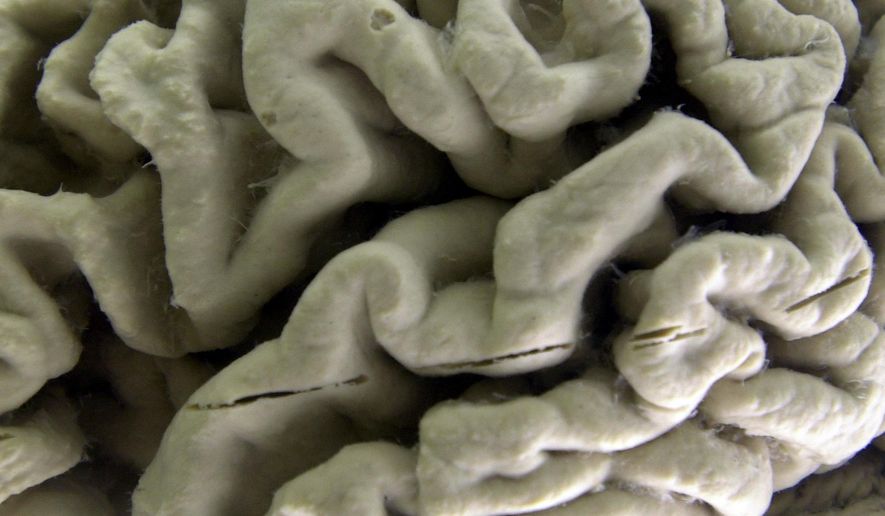A leaky brain could be an earlier sign of Alzheimer’s disease compared to current tests and may hold the key to a potential cure, according to a study published Monday in a scholarly journal.
Researchers at the University of Southern California found that patients with significant problems with thinking and cognition, but not diagnosed with Alzheimer’s, also showed signs of capillary damage: The small blood vessels that snake through the brain were deteriorated in a way that allowed blood to leak out.
The researchers said this “leaking” contributes to the buildup of the hallmark proteins of Alzheimer’s disease, namely beta-amyloid and tau.
“The fact that we’re seeing the blood vessels leaking, independent of tau and independent of amyloid, when people have cognitive impairment on a mild level, suggests it could be a totally separate process or a very early process,” Berislav Zlokovic, senior author of the study and director of the Zilkha Neurogenetic Institute at the Keck School of Medicine of USC, told USC News. “That was surprising that this blood-brain barrier breakdown is occurring independently.”
The researchers said these findings can help direct research toward methods of earlier diagnosis and inform new treatments.
• Laura Kelly can be reached at lkelly@washingtontimes.com.




Please read our comment policy before commenting.